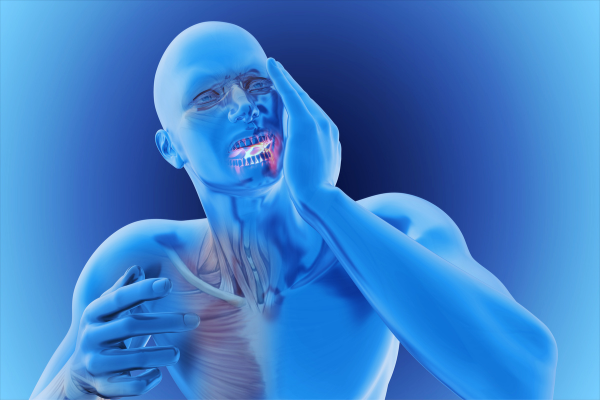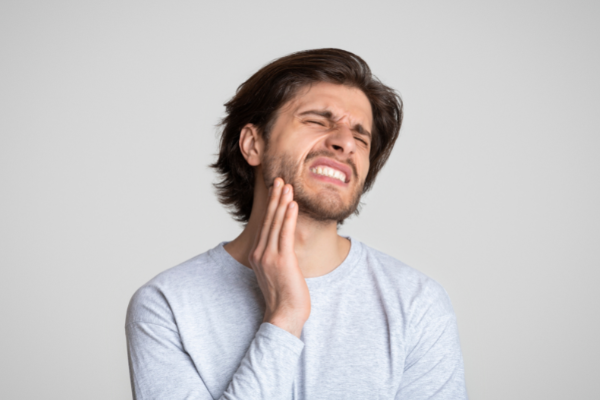TMJ Disorders
TMJ Disorders
- Online Physical Therapy Consultancy in Lahore, Pakistan
Temporomandibular Joint (TMJ) disorders are conditions affecting the joints of jaw and its surrounding muscles and ligaments.TMD is very common. TMD can be caused due to trauma, an improper bite, chronicjaw clenching at night (“bruxism”), problems with teeth alignment and poor posture habits. Patient usually complaint of jaw pain, difficulty in opening mouth, ringing in ears, headache, locking of jaw and facial pain.
IMC Rehab goal include ease pain and jaw tenderness, regain normal jaw movement, reduce daily stress on the jaw and improve quality of life through hands-on care.
Our rehab team completely evaluates & assesses the patient & make individualized plan of care according to their needs and condition.


We use many techniques to address patients concerns which may include posture education, heat therapy, cooling therapy, acupuncture, tissue mobilization, resistance exercises & stretches.
Moreover, we provide Manual therapy to improve joint motion and reduce muscle stiffness, trigger points around the jaw to alleviate stress on the disk and joint.
Specific exercises are prescribed by our expert Physical Therapist to control and restore motion at the jaw and help re-educate the muscles surrounding the joint.
Optimal Health Is Still Possible If You Have TMJ Disorder
At IMC Physical Therapy Department in DHA phase 5, we see people who need the added support of physical therapy care to live a functional and pain free.
Here are answers to questions we are frequently asked about this condition.
What is TMJ Disorder?
Temporomandibular Joint (TMJ) disorders are conditions affecting the joints of jaw and its surrounding muscles and ligaments.
Who gets TMJ Disorder?
People having trauma, an improper bite, arthritis or wear and tear.
What are the causes of TMJ Disorder?
Excessive strain on the jaw joints and the muscle group that controls chewing, swallowing, and speech. This strain may be a result of bruxism. This is the habitual, involuntary clenching or grinding of the teeth. But trauma to the jaw, the head, or the neck may cause TMD.
What are the Symptoms of TMJ Disorder?
- pain that can be felt in the face or neck
- stiffness in the muscles of the jaw
- limited movement of the jaw
- locking of the jaw
- clicking or popping sound from the TMJ site
- dental issues, such as the wearing down of teeth
- tinnitus (ringing in the ear)
- vertigo
- headaches
- shift in the jaw, changing the way that the upper and lower teeth align (called malocclusion)
What can our Physical Therapy Treatment do help with TMJ Disorder?
Our physical therapist is an expert not just in diagnosis, assessment and treatment at our department with different techniques like Depending on the area that needs attention, your therapy may include: heat therapy, cooling therapy, acupuncture, tissue mobilization, resistance exercises and stretches.
Schedule an Appointment Today!
Physical therapy can help to relieve the pain of TMJ Disorders. If you have swelling or stiffness that you can’t explain and that doesn’t go away in a few days, or if it becomes painful to touch your joints, make an appointment with Prof. Dr. Hafiz Muhammad Asim at IMC Physical Therapy Department.
